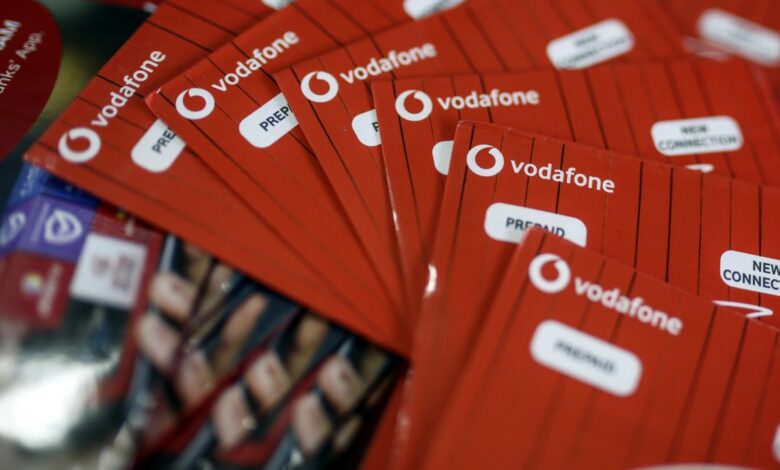Vodafone and Three’s $19 billion merger approved by UK regulators, with conditions

The UK antitrust regulator has green light the long-planned merger between two of the country’s largest telecommunications operators.
Vodafone and Three make up two of the UK’s four infrastructure-owning mobile network operators (MNOs), along with O2 and EE. As such, when the duo revealed plans to merge in a $19 billion transaction last junewas always likely to attract scrutiny. The Competition and Markets Authority (CMA) began its initial “phase 1” investigation in januarybefore moving things forward to a full and in-depth investigation in Juneafter conducting market analysis and collecting industry feedback.
Then, in September, the CMA delivered his provisional conclusionsconcluding that the merger could lead to higher prices for consumers, diminished services and less investment in the UK’s mobile networks. But he stopped short of blocking the deal and instead suggested possible remedies to allay their concerns.
And this brings us to today, when the CMA finally approves the deal, with conditions. He said both companies must sign binding commitments to “invest billions” to launch a combined 5G network across the UK. In the short term, the CMA also said the new combined entity would have to cap “certain rolling rates” for three years. while mobile virtual network operators (MVNOs) would also continue to have pre-established contractual terms for the same period.
Vodafone group chief executive Margherita Della Valle said the decision “creates a new force” in the UK telecoms market.
“Consumers and businesses will enjoy wider coverage, faster speeds and better quality connections across the UK as we build the biggest, best network in our local market,” he said in a statement. “Today’s approval releases the handbrake on the UK telecommunications industry, and increased investment will take the UK to the forefront of European telecommunications.”
Behavior changes
What is notable here is that the solutions agreed are entirely behavioral, rather than requiring structural changes to companies, such as divesting certain business units or selling infrastructure or intellectual property, something the CMA had previously suggested could be an option.
“The CMA’s decision is not a surprise: it has indicated for some time that it was receptive to approving the merger subject to appropriate concessions from the parties,” said Alex Haffner, competition partner at law firm Fladgate, in a statement issued to TechCrunch. . “However, it is noteworthy that it has allowed a ‘4-3’ merger in the mobile sector on the basis of purely behavioral remedies; Over the last decade a multitude of ‘4-3’ mobile network mergers have been permitted across Europe. only on the basis of important structural solutions granted by the merging parties. In doing so, the CMA has demonstrated a degree of pragmatism, considering that consumers will ultimately benefit most from competition between three well-resourced mobile operators in the UK market.”
However, the agreed commitments will be monitored by the CMA and Ofcom, the UK competition and regulatory authority for the telecommunications industry.
“It is crucial that this merger does not harm competition, which is why we have spent time considering how it could affect the telecommunications market,” Stuart McIntosh, chair of the CMA’s inquiry committee, said in a statement. statement. “Having carefully considered the evidence, as well as the extensive feedback we have received, we believe the merger is likely to boost competition in the UK mobile sector and should be allowed to proceed, but only if Vodafone and Three agree to implement our measures.” proposals.”
Personal opinion:
“The UK regulator’s approval of the $19 billion merger of Vodafone and Three is a huge step forward for the telecoms sector. The merger has the potential to improve network infrastructure and deliver better services to customers. However, the terms of the merger show regulators’ concerns about competition in the market. Successfully balancing efficiency gains with consumer protection will be key to the long-term success of the merger.”
